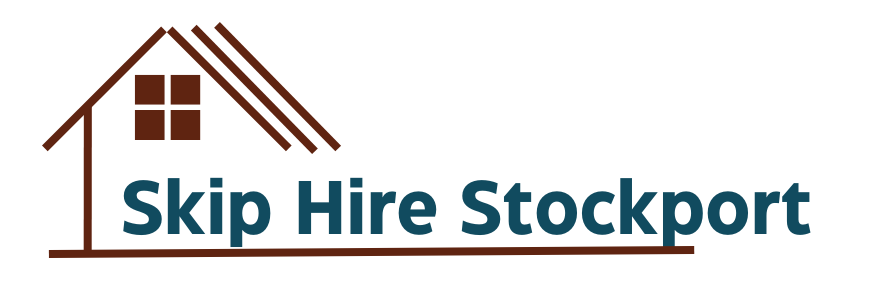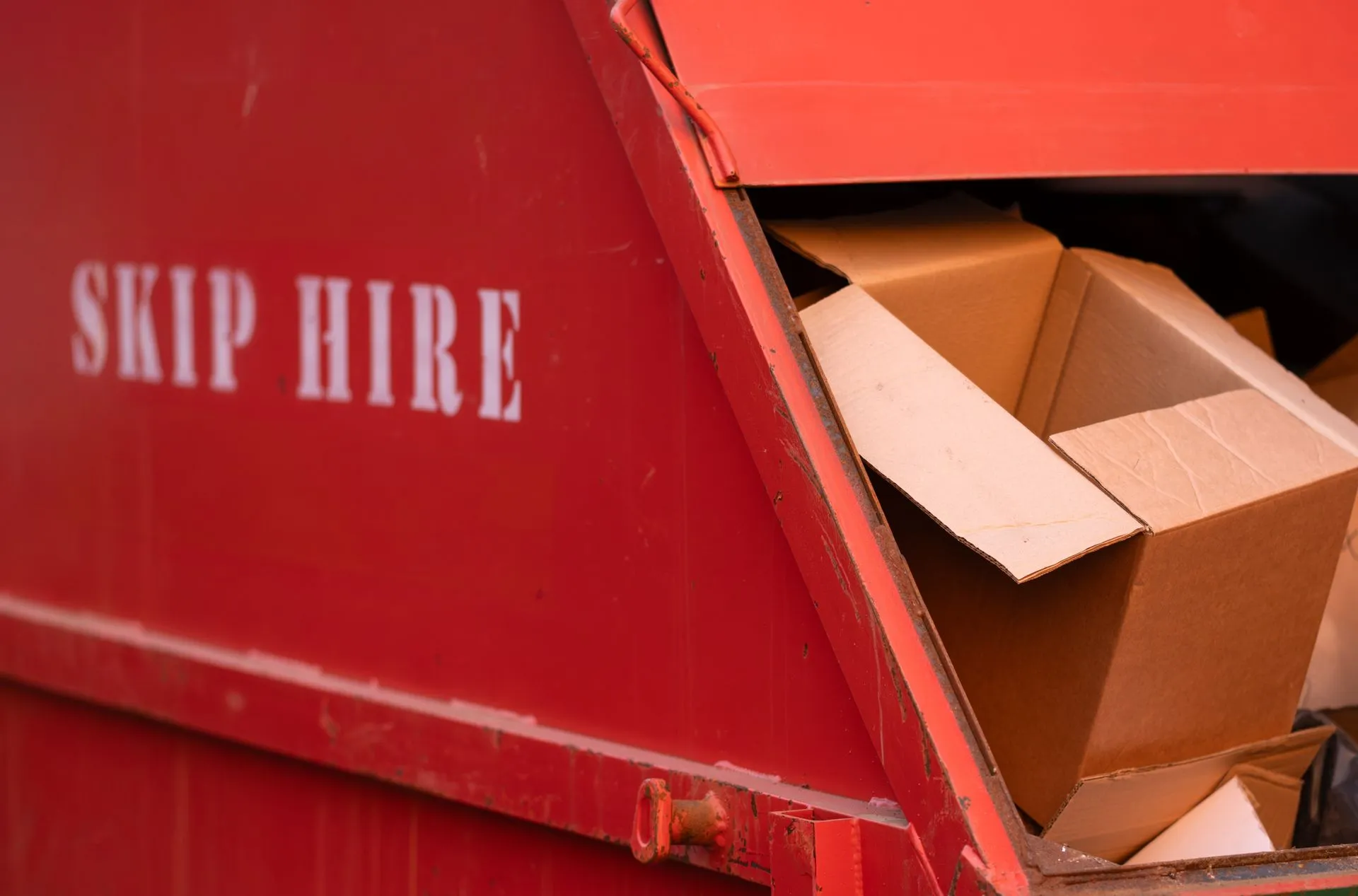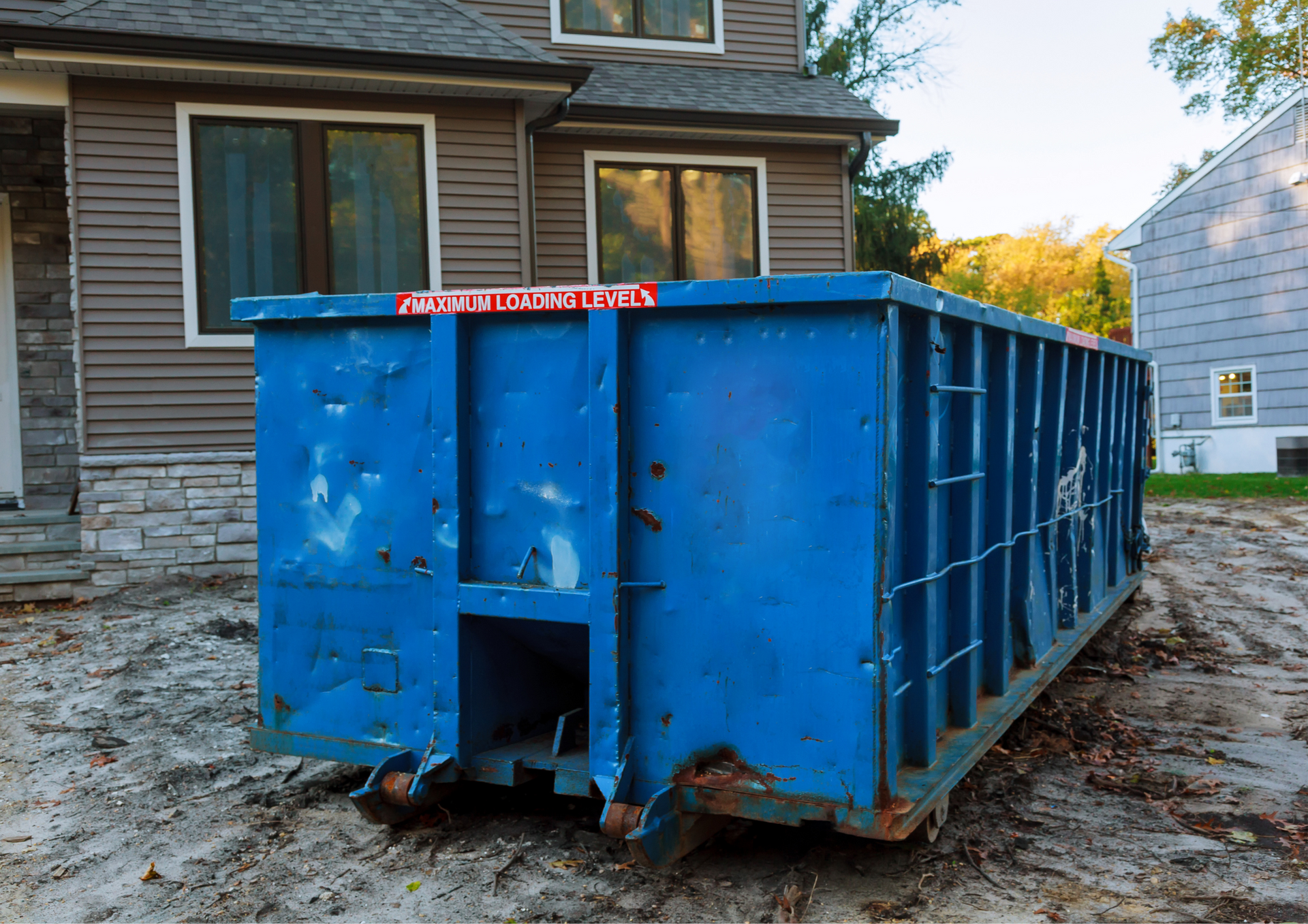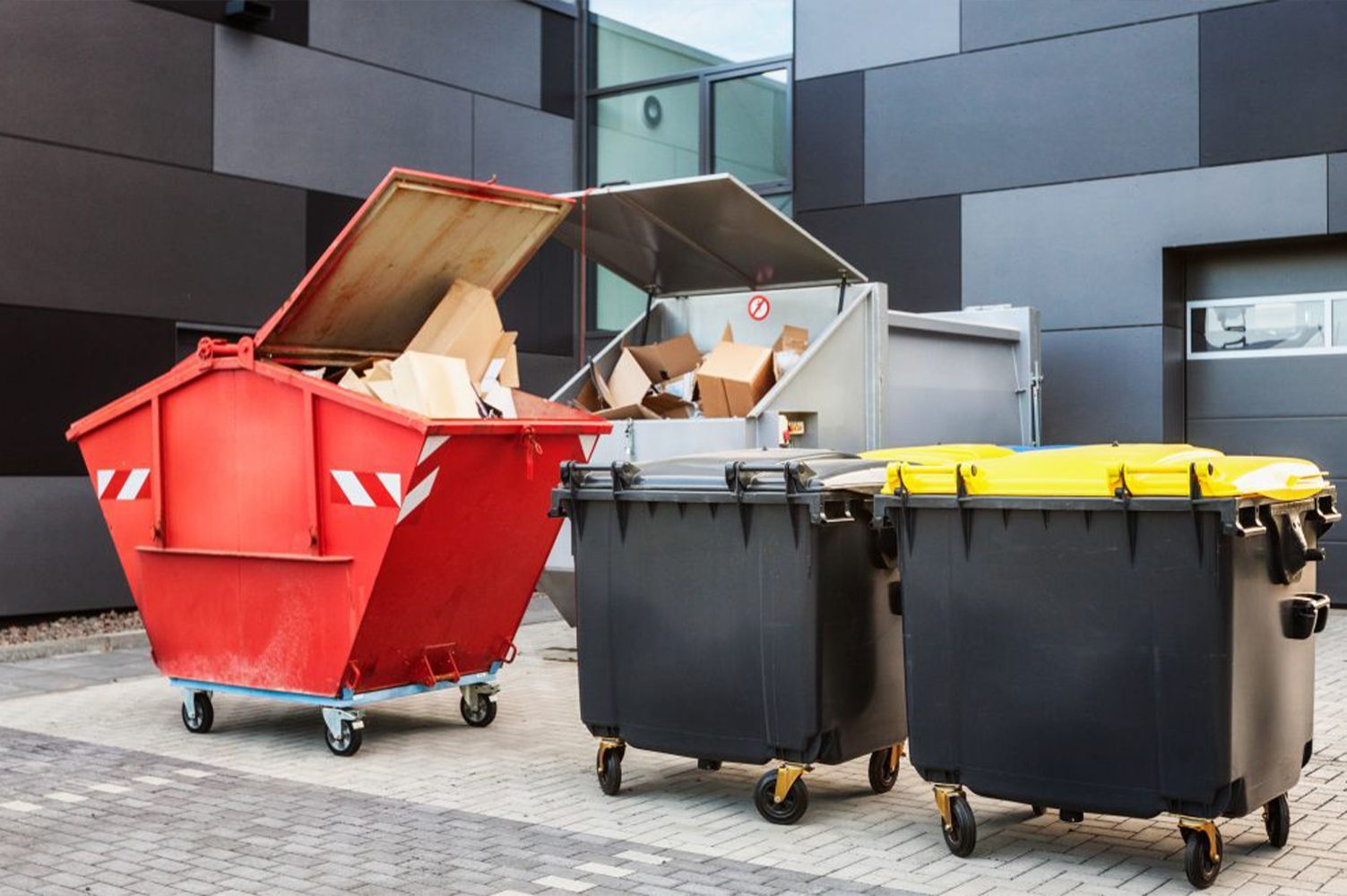Using Skips in Stockport: Sorting and Segregating Waste
Proper waste sorting and segregation are essential for efficient waste management, especially when utilising skip hire services in Stockport. Effective practices promote environmental sustainability and ensure compliance with local regulations. This blog post explores the best practices for waste sorting and segregation when using skips, helping you make informed decisions and optimising your waste disposal processes.
Understanding Waste Types
To begin, it's crucial to understand the various types of waste that might be generated. Waste can broadly be categorised into:
- General Waste: Everyday items such as non-recyclable plastics, packaging, and non-hazardous materials.
- Green Waste: Organic matter such as garden clippings, leaves, and branches.
- Construction and Demolition Waste: Concrete, bricks, tiles, and other materials from construction sites.
- Hazardous Waste: Chemicals, paints, batteries, and other items that pose a risk to health and the environment.
- Recyclable Waste: Paper, cardboard, glass, and certain plastics that can be processed and reused.
Best Practices for Waste Sorting and Segregation
1. Identify and Label Waste
Proper identification and labelling are the first steps in effective waste segregation. Ensure that each type of waste is marked to avoid contamination. Use colour-coded bins and labels to distinguish between different waste types. For example, green for recyclables, red for hazardous waste, and black for general waste.
2. Educate and Train Staff
Educating and training your staff or household members about the importance of waste segregation is crucial. Regular training sessions should be conducted to inform them about the types of waste and the correct disposal methods. This will ensure that everyone involved understands their role in maintaining an efficient waste management system.
3. Use Appropriate Skip Sizes
Choosing the right skip size for your needs can significantly impact the efficiency of your waste management. Smaller skips are ideal for general household waste, while larger skips are suitable for construction and demolition waste. Ensure that the skip you hire matches the volume and type of waste you need to dispose of.
4. Avoid Overloading Skips
Overloading skips can lead to safety hazards and potential fines. Always adhere to the maximum fill line indicated on the skip. If you have excess waste, consider hiring an additional skip rather than risking overfilling. This ensures safe transportation and compliance with waste disposal regulations.
5. Separate Hazardous Waste
Hazardous waste requires special handling and disposal methods. Never mix hazardous waste with general or recyclable waste. Use dedicated containers for hazardous materials and ensure they are properly sealed to prevent leaks. Contact your skip hire provider for advice on disposing of hazardous waste safely.
6. Compact Waste Efficiently
Compacting waste can maximise skip space and reduce the number of skips required. However, be cautious when compacting certain materials, such as glass or sharp objects, to avoid injury. Use compacting tools where appropriate, but always prioritise safety.
7. Regularly Monitor and Audit Waste
Conduct regular audits of your waste management practices to identify areas for improvement. Monitoring waste streams can help you understand the types and volumes of waste being generated, allowing you to adjust your segregation practices accordingly. This continuous improvement ensures that your waste management system remains efficient and effective.
Benefits of Proper Waste Sorting and Segregation
Implementing best practices for waste sorting and segregation offers numerous benefits:
- Environmental Protection: Proper segregation reduces the risk of pollution and promotes recycling, contributing to environmental sustainability.
- Regulatory Compliance: Following waste management regulations helps avoid fines and legal issues.
- Cost Savings: Efficient waste management can reduce disposal costs and minimise the number of skips required.
- Resource Recovery: Segregating recyclable materials allows for the recovery of valuable resources, reducing the demand for virgin materials.
- Improved Safety: Correctly handling and disposing of hazardous waste reduces the risk of accidents and health hazards.
In conclusion, proper waste sorting and segregation are fundamental to efficient waste management, especially when using skip hire services in Stockport. By following the best practices outlined in this blog post, you can ensure that your waste disposal processes are environmentally friendly, cost-effective, and compliant with local regulations.
When it comes to skip hire in Stockport, our company Skip Hire Stockport should be your first choice. We offer a range of skip sizes to suit your needs, and our team is dedicated to providing expert advice and top-notch customer service. Let us help you manage your waste efficiently and sustainably.
Check out our latest GBP update about using skips in Stockport to sort and segregate waste.
You might also like
Service Areas
Give us a call today!



